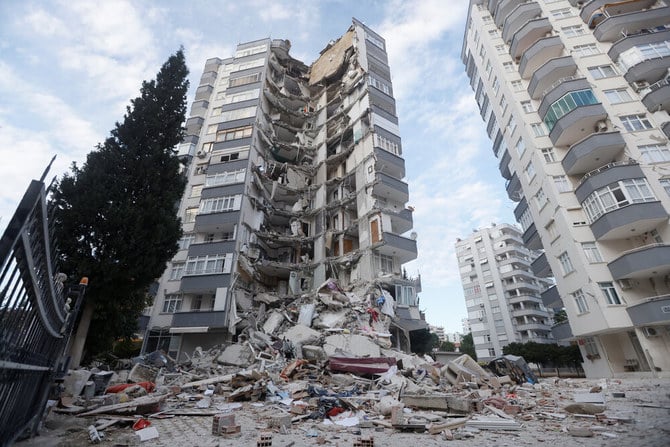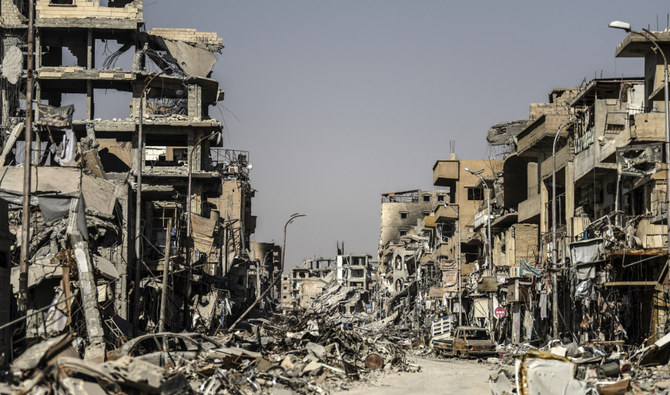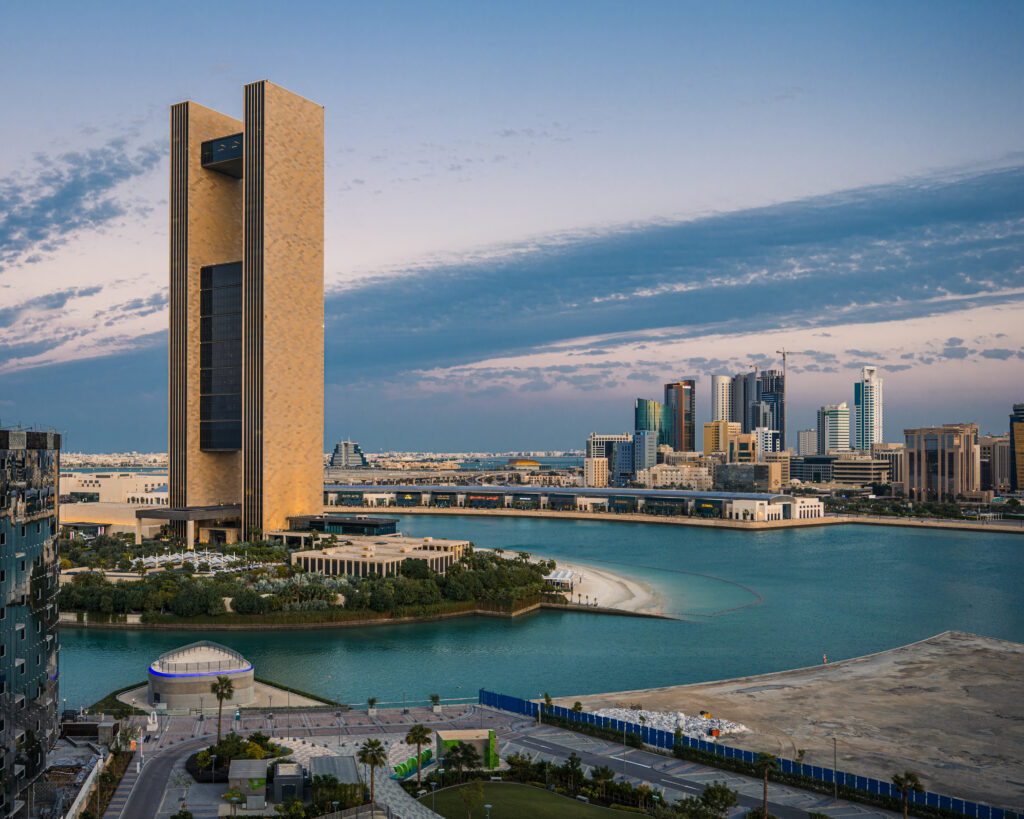NEW YORK CITY: The tragedy unfolding in Turkiye and Syria this week is “a moment in which we all must be together to support the people” affected by it, UN Secretary-General Antonio Guterres told Arab News on Thursday as he called for political differences to be set aside.
“People who have been so generous supporting others, as both Syrians and Turkish have been in the past with refugees from Syria, in Turkiye, and from Iraq, in Syria,” he added.
“Turkiye is home to the largest number of refugees in the world and has shown unparalleled generosity to its Syrian neighbors. Indeed, up to 3.6 million Syrians have lived in Turkiye for more than a decade. Many of them are now victims of the earthquake.”
Guterres said he previously visited Aleppo and met some of the Syrians who had “warmly welcomed Iraqi refugees fleeing violence and war, integrating them into their society. There were more than 1 million Iraqi refugees in Syria. They were not in camps, they were received by the communities and integrated into community life in enormous generosity.”
As he reflected on his past visits, which took place while he served as high commissioner for refugees, to the areas now devastated by the earthquake, Guterres said he had been “deeply moved by the solidarity of people who opened their homes and their hearts. Now those homes have been destroyed and those hearts are breaking. A center of solidarity is now an epicenter of suffering.
Guterres was speaking on the day the first UN relief convoy crossed the border into northwestern Syria, four days after the earthquake hit, and he voiced dismay at the slow pace of the aid operation.
He said the convoy included six trucks carrying shelter materials and other “desperately needed relief supplies” but added that this is only a fraction of the aid needed in the rebel-controlled area.
“More help is on the way but much more, much more is needed,” Guterres said.
The Syrian government wants all international aid to pass through Damascus, using a system known as “cross-line operations.” This means that relief supplies are delivered to authorities in the capital, who then distribute it where it is needed, including to rebel-held parts of the country.
The alternative, which the Syrian regime is opposed to, is “cross-border” aid that bypasses Damascus and is shipped directly to the affected areas by other nations. These direct deliveries have provided a critical lifeline for millions of Syrians in the northwest of the war-torn country, as part of the massive international humanitarian response to the long-running conflict.
Humanitarian experts have long argued that although cross-line operations can be an important supplement to this cross-border lifeline, they cannot match the size and scope of direct-delivery operations.
Aid agencies have also accused Syrian President Bashar Assad’s regime of withholding basic goods and services, including food and clean water, from millions of Syrians in opposition areas as a tool of war.
Arguments about the mechanisms for the delivery of humanitarian aid to Syria have for years resulted in showdowns between Russia, an ally of the Assad regime, and the West within the UN Security Council.
The council approved the opening of four border crossings when international aid deliveries to Syria began in 2014. In January 2020, Russia used its power of veto to force the closure of all but one of them. Moscow argues that cross-border international aid operations violate Syria’s sovereignty and territorial integrity, and so all aid should be delivered through the cross-line mechanism.
In the aftermath of Monday’s earthquake, the EU and the US reiterated that they will only send aid directly to the Syrian people and restated their opposition to any form of normalization of relations with the Assad regime.
Meanwhile, aid agencies have called for the closed border crossings to be reopened to help them respond to the current emergency.
Guterres told Arab News that “cross-line (delivery of aid) is very important. We should do everything we can in cross-line. But (this) disaster is (of) such proportions that we need both cross-line and cross-border. We need to intensify all forms. And my appeal is for this question not to be politicized.”
Describing the earthquake as one of the biggest natural disasters of all time — the death toll stood at almost 20,000 on Thursday and is expected to rise — Guterres said this is “not a moment to politicize or to divide but it is obvious that we need massive support. And so I will be, of course, very happy if the Security Council could reach a consensus to allow for more crossings to be used, as we need also to increase our capacity to deliver on cross-line operations into Idlib.”
He also called for the lifting of all international sanctions “of any kind” on Syria.
“This is a moment in which everybody must make very clear that no sanctions of any kind interfere with relief to the population of Syria in the present moment,” said Guterres.
Stephane Dujarric, a spokesperson for Guterres, said that the secretary-general will consult with members of the Security Council about the possibility of reopening border crossings for the delivery of aid to Syria.
“We, as the UN, can only use a second border crossing if there is a (Security Council) resolution (to do so),” he said. “There are a lot of legal issues and it is a delicate issue.”






















